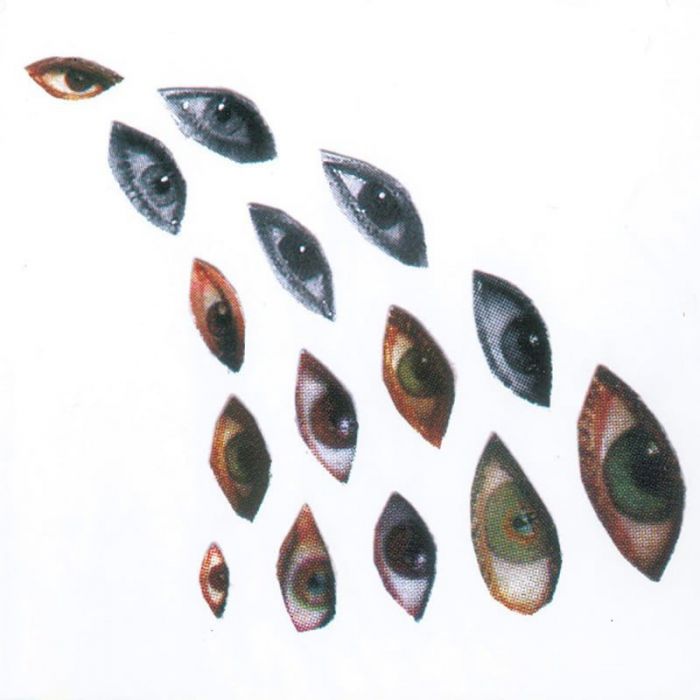Innaway by Innaway (Review)

“Innaway soars on its debut LP with a new reading of Pink Floyd’s psychelia, Tortoise’s spatiality and Led Zeppelin’s hippie boggie.” Or so says the little blurb adorning the cover of the press release I received. “Hippie boogie,” hmm? Well, to be honest, and I know I’ve gotten in trouble before for making smart-alecky comments about a band’s marketing, but there’s nothing “hippie” or “boogie” about this release.
The Pink Floyd and Tortoise comparisons make a lot more sense. This is a very drifty, floaty album, with atmospherics that glide, bubble, and simmer. And the Tortoise comparison makes even more sense seeing as how John McEntire handled the disc’s mixing. However, even those comparisons, as close as they might be, could easily paint a false picture of Innaway’s music, and perhaps even a less-flattering one.
The album begins with a torchy, blues-y harmonica — maybe that’s where the “hippie boogie” figures in — that is joined by the echoing drums that help give the release such an expansive feel. And then the soft, dreamy vocals come in, backed by a lethargic basslines and guitar textures, and you realize that the most accurate comparison might be “Man Called Sun”-era Verve. Indeed, there’s something very Verve-esque with the way these songs just seem to roll along, hypnotizing the listener with their rhythms while also dazzling them with vocalist/guitarist Jim Schwartz’ lovely harmonies and occasional sonic fireworks.
“The Strings of North Egg” coasts along on shimmering cymbals, layered vocals that evoke a ’70s AOR feel, and various nocturnal organs and synths. “Tiny Brains” is an early contender for album highlight, driven by a loping bassline that moves through soft clouds of keys and vocals the way a train might cut through a pastoral landscape. The album’s first single, “Rise,” has dredged up comparisons to Radiohead, and there’s some truth to that. The vocals have a Thom Yorke-ish feel to them, and the piece overall has a sense of tension about it, moving from a raucous, distortion-laden opening to calmer portions dominated by eerie organs.
“Post FM” feels as if its composed entirely of moonlit pools of water given the liquid, watery forms its guitars take. Sadly, the song slowly drifts out of focus after just a minute and a half or so, meaning that the waters hinted at are left barely explored. “Stolen Days” picks up the pace a bit more, with slightly more riotous drums and aggressive guitars. However, the group’s knack for spaced out vocals still keeps the pace relatively relaxed. A playful guitar melody winds the album down on “George Walker on Water,” and the disc coasts out on shuffling drums and more of the group’s effortless vocal stylings.
Okay, so it’s more spatiality than psychedelia, and certainly more psychedelia than hippy boogie. But all market-ese and gibberish aside, this is quite a pleasant little debut. Nothing groundbreaking or mindblowing, but rather comfortable and solid, a disc that is very easy to just put on and chill to without having to fear that it will wear out its welcome anytime soon.